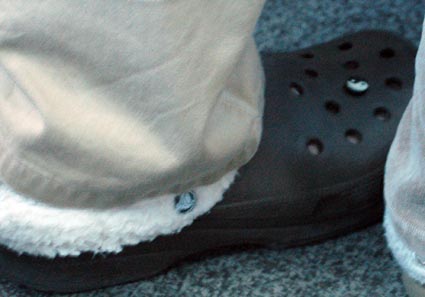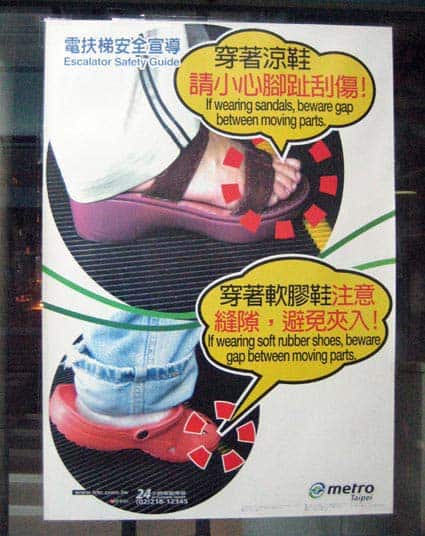ChittahChattah Quickies
- 'Magic Fingers Vibrating Bed' inventor dies at 92 – The inventor of the "Magic Fingers Vibrating Bed," which brought weary travelers 15 minutes of "tingling relaxation and ease" for a quarter in hotel rooms across America during its heyday as a pop culture icon in the 1960s and '70s, has died.
- Vending machines for Gold? – While it's just a plan at this point, it seems that the idea is more about disruption and promotion than simply "vending."
- Let’s Embrace Open-Mindedness – My article published at Johnny Holland, considering the challenges in living up to the standard we set for ourselves. And there's a story about cheese, too!
- Why some cultural products and styles die out faster than others – To investigate how cultural tastes change over time, Berger and Le Mens analyzed thousands of baby names from the past 100 years in France and the US. (Because there is less of an influence of technology or advertising on name choice, baby names provide a way to study how adoption depends on primarily internal factors.) The researchers found a consistent symmetry in the rise and fall of individual names; in other words, the longer it took for a name to become popular, the longer it took for the name to fade out of popularity, and thus the more staying power it had compared to names that quickly rose and fell. The effect was robust, occurring in both countries and across various time windows.
According to the results, the quicker a cultural item rockets to popularity, the quicker it dies. This pattern occurs because people believe that items that are adopted quickly will become fads, leading them to avoid these items, thus causing these items to die out.
(via Lone Gunman)




